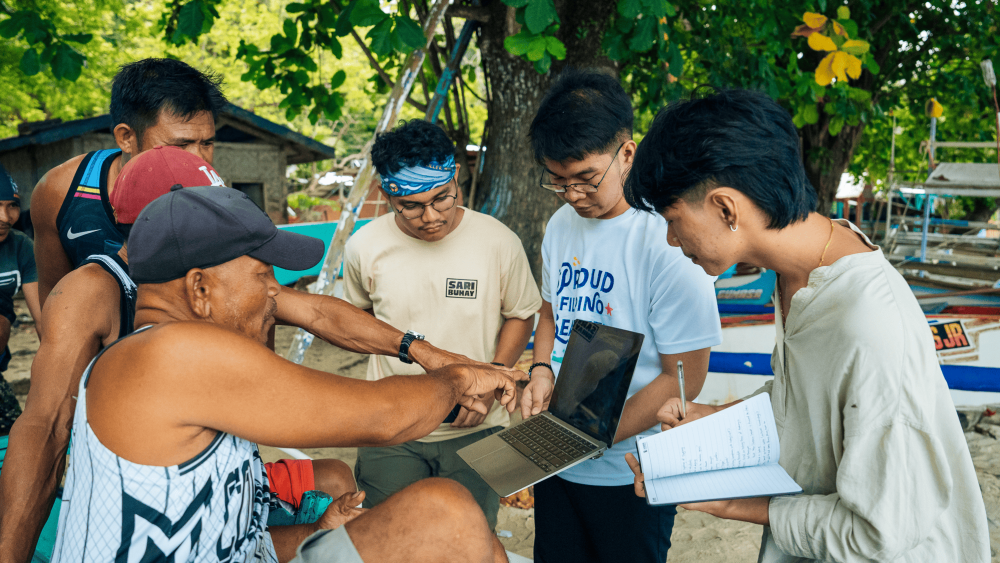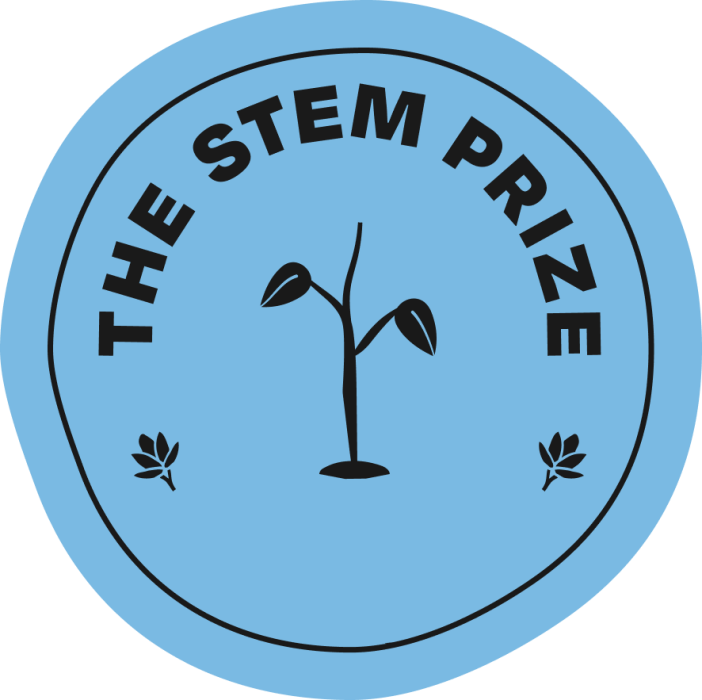
Once widespread in the Philippine archipelago, dugongs are classified as Vulnerable by the IUCN and Critically Endangered in the Red List Statues of Philippine marine mammals. The Sarangani Bay Protected Seascape (SBPS) covers 210,000 hectares, with 1,411.3 hectares of seagrass beds, a home to the threatened dugongs. Their population has declined by 64% due to drowning in fishing gear, seagrass meadow degradation, plastic pollution, and climate change. As the only strictly herbivorous marine mammal, dugongs play a crucial role in maintaining the health of seagrass meadows. Their grazing behaviour promotes regrowth, improves plant diversity, and helps sequester carbon, making them vital allies in the fight against climate change. Beyond their ecological role, dugongs are also carriers of marine mammal culture. Each dugong population has socially learned behaviours, unique foraging techniques, social structures, and migration patterns passed down through generations.
This cultural knowledge is vital for their survival and resilience. Losing dugongs means losing a species and an irreplaceable piece of marine heritage. Project Lawud – “Lawud” meaning “deep” – recognises the deep connections between local ecological knowledge, the marine environment, and communities who depend on them. They aim to bridge science, community, and policy to conserve dugongs in SBPS. The Project Lawud team believes dugong conservation is a participatory and scientific effort. This project empowers young aspiring marine scientists through hands-on experiences such as conducting interviews, assisting in drone surveys, and helping craft outreach materials. Through these upskilling efforts, young people in the community learn technical skills and become conservation leaders who will spark lasting positive change.
Film credits: Thank you to Department of Environment and Natural Resources 12 and Protected Area Management Office of the Sarangani Bay Protected Seascape for the drone footage of the dugongs. Thank you to Kabpapagariya Ensemble of the Mindanao State University—General Santos City for the music featured in the film.

Project Lawud is a team of five young conservationists from Mindanao working at the frontlines to protect the Philippines’ critically endangered dugongs. This dynamic team covers marine biology, microbiology, education, and law enforcement expertise, building on these strengths to bring together science, culture, and community.
Christian leads the project as manager, Diofel founded the initiative to ground it in local research, Patrick transforms science into powerful education campaigns, Roebert maps habitats with cutting-edge GIS tools, and Honeylyn strengthens our marine biology research while ensuring accountability in the field. Their goal is bold yet clear: to map dugong habitats, train the next generation of marine biologists, and inspire communities to protect seagrass meadows that sustain people and wildlife.
Working across six coastal communities, Project Lawud is mapping dugong sightings, training young marine biologists, and developing awareness campaigns to strengthen conservation in this critical habitat. The information gathered will support marine spatial planning and conservation decisions in SBPS by identifying potential dugong hotspots and understanding threats from human activities such as fishing, tourism, and coastal development.
As keystone species, dugongs support the ecological foundation of seagrass meadows – critical habitats that stabilise the coast, improve water quality, and provide nursery grounds for marine life. Protecting dugongs means protecting the livelihoods of communities that depend on healthy marine ecosystems.


